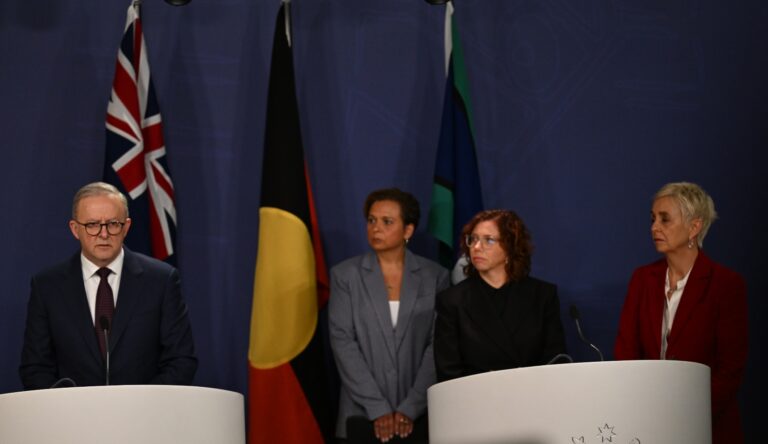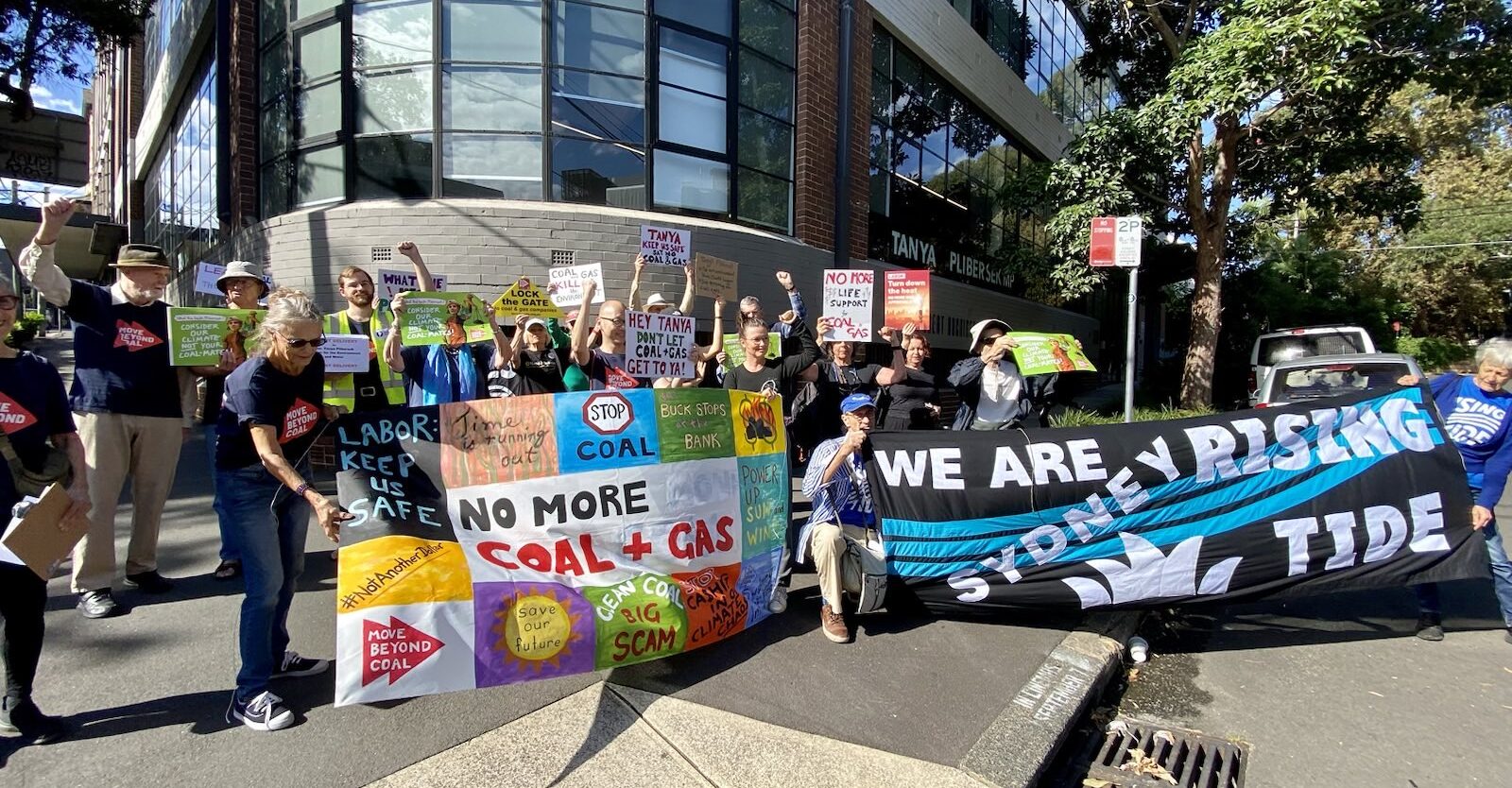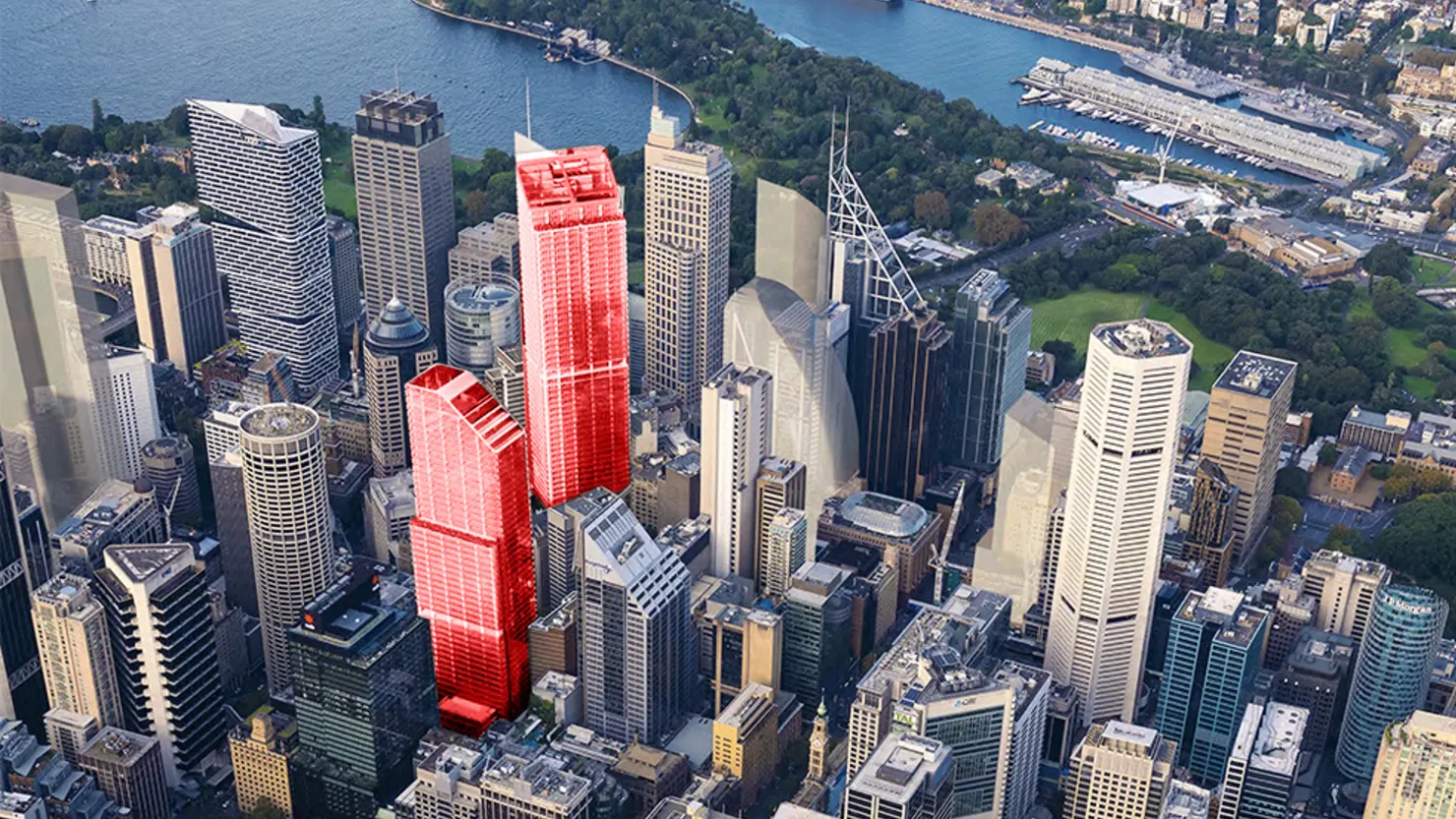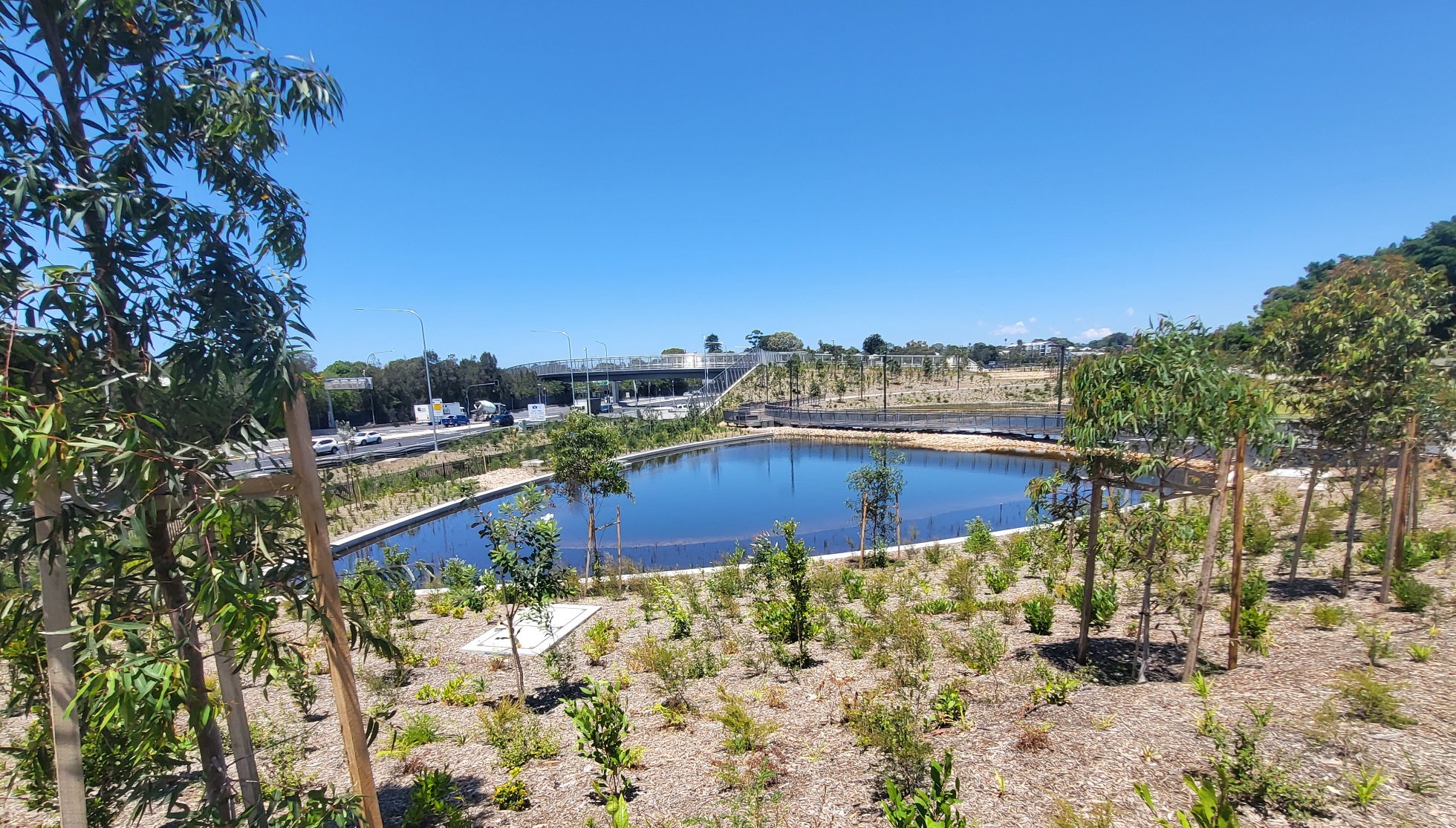
Council trigeneration ‘reckless’: report
A statutory committee report has condemned the City of Sydney’s pursuit of trigeneration at Green Square as “reckless” and says the modelling was based on “incorrect or uncertain factors”.
The state parliamentary Public Accounts Committee report, ‘Polygeneration in New South Wales’, found multiple shortcomings and inconsistencies in the certification system for such emerging technologies.
Council reported that its trigeneration plans stalled because of uncertain gas and electricity prices, flaws in the energy rating system and the slow pace of regulatory reform.
Committee chair Jonathan O’Dea accepted those points but concluded: “While the City of Sydney’s aims are commendable, it is reckless to spend significant amounts of public money based on incorrect assumptions.”
The National Australian Built Environment Rating System (NABERS) only recognises on-site polygeneration as cleaner energy supply, ignoring off-site or precinct-level generators. Some stakeholders, including the City of Sydney, interpreted a 2010 ruling by NABERS as an incentive to invest in more efficient precinct-scale technologies. But a later clarification appeared to overturn this.
The committee stopped short of recommending an overhaul to the certification system, acknowledging “the importance of maintaining the integrity of the NABERS system”.
“The committee recognises the problems encountered by the City of Sydney in its attempts to establish a large-scale polygeneration precinct at Green Square,” the report noted.
“However, the committee questions the amount of work undertaken by the City of Sydney, and the inherent financial risk, when the modelling was based on incorrect or uncertain factors.
‘The committee considers that, in the current regulatory framework, the City of Sydney has set overly ambitious targets for its precincts.”
Liberal councillor Christine Forster said the report vindicates her long-held position against trigeneration.
“Technically and commercially, it was a high-risk project,” she said. “As a general principle, I think we have better things to be doing.”
But Cr Forster said she would consider supporting future trigeneration projects if changes to the regulatory environment make it viable.
“If the economics stack up, absolutely. However, I would still argue it’s beyond our expertise.”









